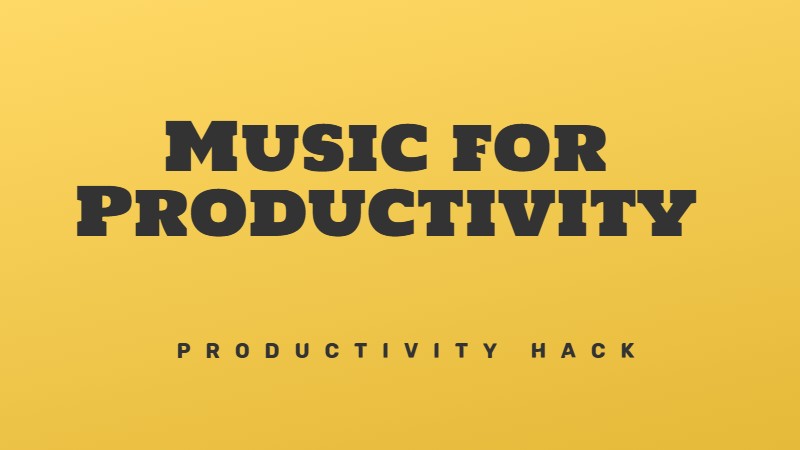What happens to your brain after 14 days without internet?
Scientists asked this question, recruiting 467 participants to block mobile internet access for two weeks. The results shocked both researchers and volunteers alike.
Mental health improved more than standard antidepressant treatments. Focus and attention sharpened to levels matching people ten years younger. Life satisfaction scores jumped dramatically. All from simply turning off mobile data and WiFi on their phones.
I found these claims hard to believe. As someone who routinely sleeps with my phone on my bedside table and checks social media each morning, the idea that my phone habits damaged my mental health seemed absurd. Then I looked at my screen time: 5 hours daily. That’s 35 hours weekly. Nearly a full work week spent staring at my tiny screen. What could I accomplish with those hours? What connections, hobbies, or moments had I missed?
The science behind going offline
Want to feel happier and more focused? Put your phone down. A groundbreaking new study proves that blocking internet access on your smartphone for just two weeks improves your mental health and attention span more effectively than many prescription medications.
Researchers conducted a month-long trial with 467 participants who blocked mobile internet access from their smartphones for two weeks. The results were astonishing:
“This intervention specifically targeted the feature that makes smartphones ‘smart’ (mobile internet) while allowing participants to maintain mobile connection (through texts and calls) and non-mobile access to the internet,” explains the researchers from this study published in PNAS Nexus.
What changed when people disconnected
During the two-week internet block, participants:
The study showed that 91% of participants improved on at least one measure of psychological functioning. Most striking, participants’ moods improved throughout the two weeks, suggesting the benefits build over time.
How smartphones affect your brain
The constant connection to information, entertainment and social media takes a toll on your cognitive resources. Even when you’re not actively using your phone, part of your brain remains alert for notifications or resisting the urge to check your device.
This research confirms what many have suspected: smartphones hijack our attention and fragment our focus. When internet access was removed, participants’ sustained attention improved dramatically.
Why going offline works
Your smartphone competes for your attention with everything else in your life. When you remove this constant distraction:
The two-week challenge
Ready to experience these benefits? Here’s how to do your own two-week digital detox:
Step 1: Prepare
Step 2: Set clear rules
Step 3: Find replacement activities
Step 4: Track your results
Keep a daily journal noting:
What to expect
After the challenge
When you reintroduce internet access to your phone, try to maintain some boundaries:
The bottom line
We call them “smartphones”, but we’ve turned ourselves into the opposite. The average American spends 32 hours weekly staring at a phone screen—a part-time job for which we don’t get paid.
What would you do with an extra 32 hours weekly? Learn a language? Start a business? Sleep? Connect with actual humans?
The two-week mobile internet block tested by researchers gives us a window into this alternative reality. When people removed internet access from their phones, they didn’t just feel better mentally. They did more things that actually matter:
These aren’t random activities. They’re the exact ingredients consistently linked to happiness and mental health in study after study. We’ve always known what makes humans thrive. We’ve just been too distracted to do these things.
Try it yourself. Block mobile internet for 14 days. Delete your most addictive apps. Tell people you’ll be less available online. Wait out the withdrawal period.
Your phone will fight to reclaim your attention. Your mind will fight to reclaim itself.




Leave feedback about this